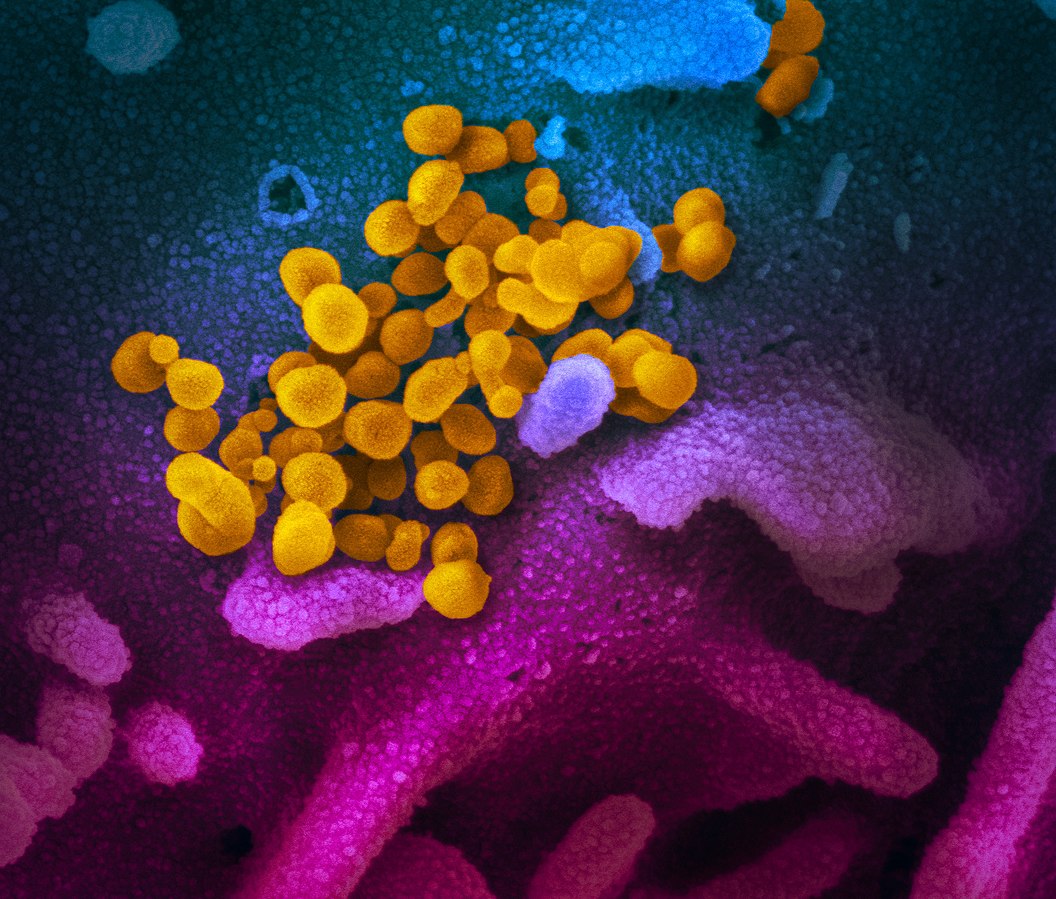UK doctors call for tighter rules on coronavirus antibody tests

Doctors have called for rules to be tightened on coronavirus antibody tests in the UK amid fears that false readings could put the public at risk.
It’s not even known for sure that having antibodies against the SARS-CoV-2 coronavirus confers immunity.
But with many other diseases the presence of specific antibodies indicates that the body can quickly fight off an infection in healthy individuals.
No antibody test has been officially approved for at-home use in the UK, but many different kits are available.
The BBC reported that the Royal College of Pathologists has written to UK health secretary Matt Hancock calling for tougher rules on the tests, saying they could “mislead the public and put individuals at risk”.
The doctors said the tests should not be used without professional support, must give accurate results and be “properly readable”.
The Medicines and Healthcare products Regulatory Agency told the BBC it had “worked collaboratively with cross government agencies at pace to prevent non-compliant antibody test kits being placed into the UK market.”
But Royal College of Pathologists president Jo Martin said: "Currently, if you buy a test on the internet or you buy it in certain boutiques or shops, we can't guarantee that the quality of that is of an appropriate standard.
"We can't guarantee that the result will be easy to interpret or that it will not be misleading."
An analysis seen by the BBC’s Newsnight programme found that in 41 tests sold to the public in the UK, almost a third provided incomplete and inaccurate information.
While a number claimed to offer “peace of mind” just 10% had documents available to support their claims according to academics from the universities of Birmingham and Warwick.
Lead researcher Jon Deeks, professor of biostatistics at the University of Birmingham, said the antibody tests should be subject to the same level of regulatory screening as medical devices and drugs.
He said: “If you can get a CE mark [indicating compliance with the relevant legislation] for a bad test as there is no scrutiny on whether it works, it is just a marketing claim that is registered and we are left in a Wild West of antibody testing.”
A Department of Health spokesperson said tough action is being taken against those who market bogus antibody tests, with “a number” of arrests and 47,000 tests seized.
Feature image courtesy of Rocky Mountain Laboratories/NIH











